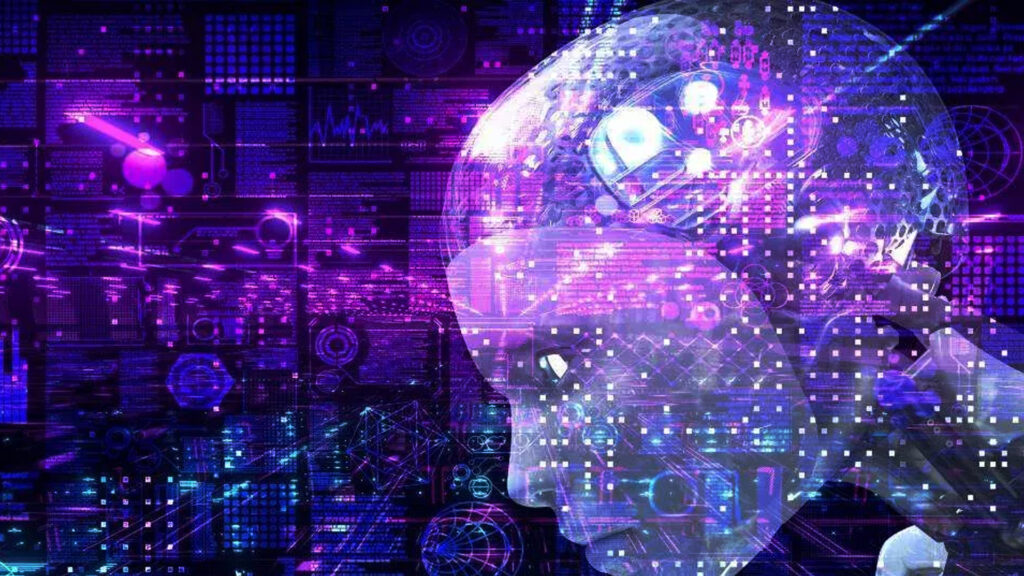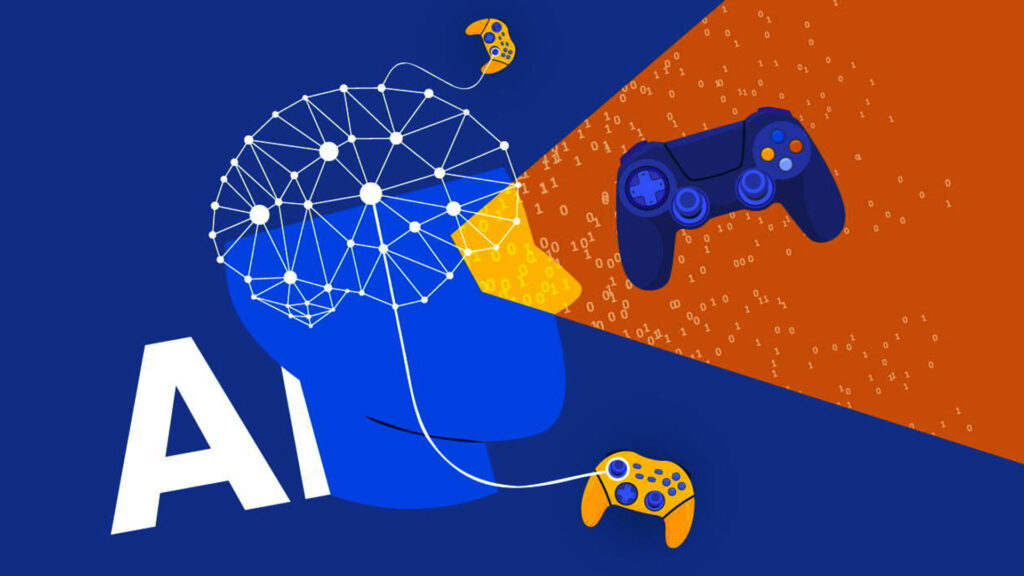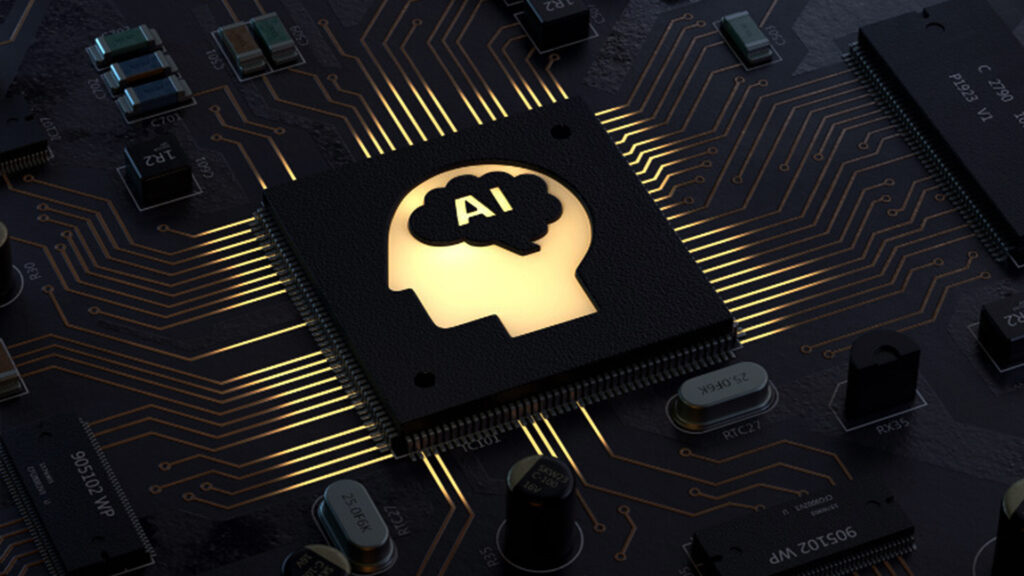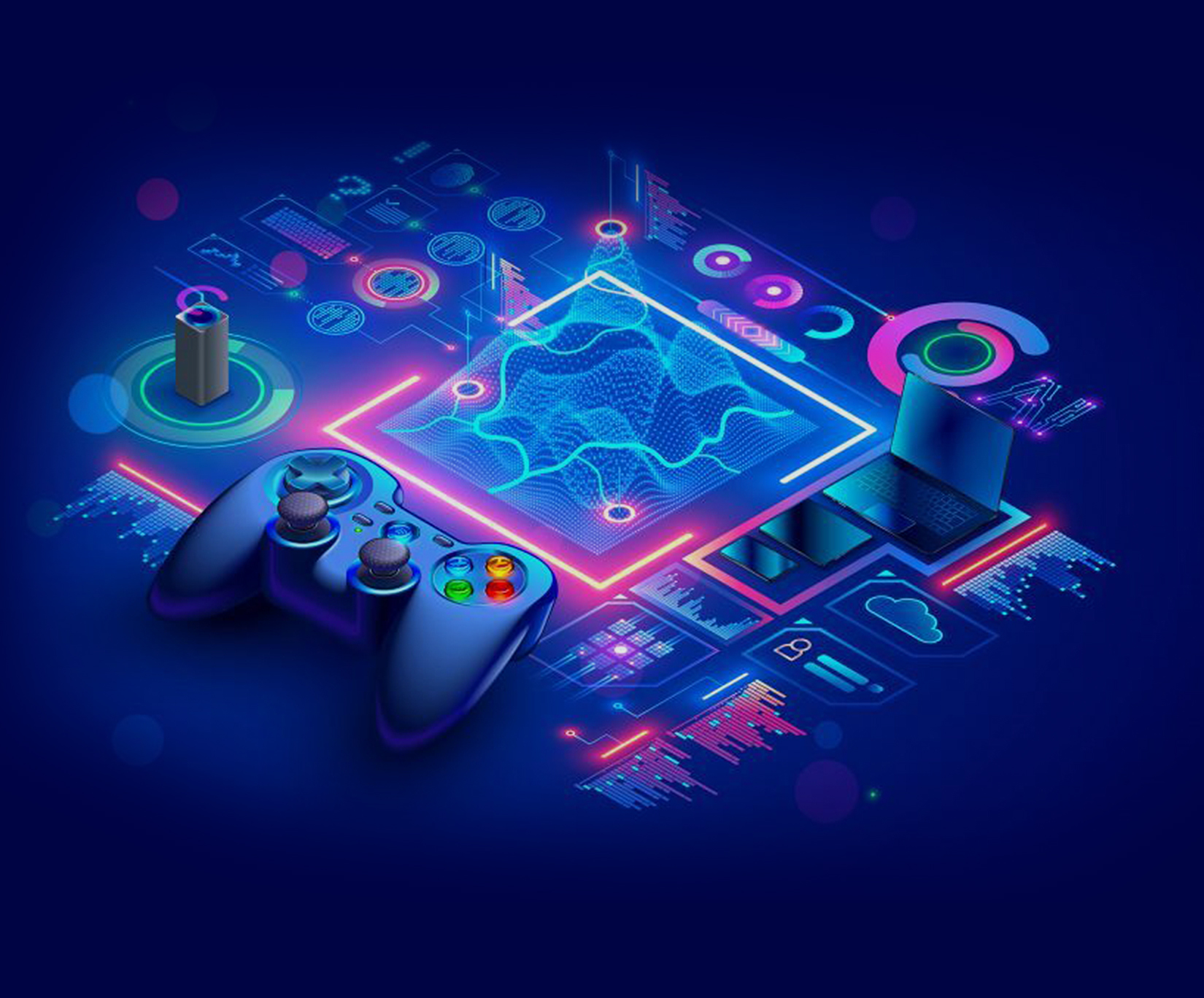AI in gaming is about creating responsive, challenging, and adaptive games through the use of artificial intelligence. Experts are divided on whether AI in gaming is true AI, but the hype around the technology has been continuously evolving over a period of time. In a lot of games, it has become a major concept. An example is Cortana in Halo, where Microsoft named its virtual assistant after its character, and we are all up for it. Several other games, like Detroit: Become Human, revolve primarily around Android and AI.

Why does AI matter in gaming?
With AI games and mobile gaming emerging, they are able to provide a better experience to gamers. With the emergence of different gaming devices, gamers are likely to have a better immersive experience across various industries. Developers can provide a console experience when it comes to AI in gaming.
NPCs
Non-playable characters are where game AI is used the most. They are characters in the game who act intelligently as if they are controlled by human beings. The behavior of the characters is determined by intelligence algorithms and engines. Often, decision trees are used to guide the behavior of these NPCs.
Pathfinding
Pathfinding involves getting from one point to another. As part of the pathfinding process, the whole gaming landscape is important. The game’s AI can generate the game landscape or as you go through the gaming world. The AI is able to generate feedback from your moves, you’re playing style, in-game decisions, moves, and appearance. Then the landscape is developed based on the features.
Decision – making
AI will let decisions have a major impact on the gameplay. As there is an enormous matrix of possibilities, the entire gaming world would be manipulated by your decisions. It is anticipated that the cause-and-effect relationship in this case will be incredibly complex.

Data mining
AI allows game designers and studios to perform data mining on the behavior of players. This gives them an understanding of how people play the game, the things they love the most, and what prevents them from playing the game. In hindsight, it allows game developers to improve their gameplay or identify money-making opportunities.
Player experience modelling
Game AI can figure out the ability and emotional state of the player and the game can be tailored accordingly. This might even entail dynamic difficulty balancing, in which the game’s difficulty is changed in real time according to player skill. The future of AI in gaming could even aid in figuring out the intent of a player.
Cheating
A common form of cheating that is used by NPCs is when they make use of information that is not available to the players in that given situation. An example is in a combat game, where an NPC may be given human senses like hearing or listening, and they could cheat the position of the player in the game.
Cheating is useful in certain games, as without cheating it would be easier for a human player to get the better of the system after a few attempts.
The kinds of AI in gaming
AI is expected to bring numerous benefits to the gaming industry. Some of them are as follows:
The games become smarter and more realistic
By resorting to techniques like reinforcement learning and pattern learning, NPCs in the games evolve by self-learning from their actions. The games also become more realistic as they interpret and respond to the user’s actions. There are a lot of programmes that do not require human interference, and virtual words are created automatically.
Saves time and costs
Normally, developing a game requires a lot of investment in terms of time and money. The worst part is that you are not even sure how the market will accept the game. The application of AI in gaming reduces the time taken to build a game and saves a lot of resources involved in the formulation of the game.
Allows a user to play the game more easily
Using AI in games helps make the games more intuitive. In addition to this, the game can use AI to figure out the user’s abilities and expertise in the game. Then they are able to adjust the difficulty level in real-time to match that.
Eliminates the predictability of the game
The game becomes more unpredictable when non deterministic behavior is used. This means that what happens during the course of a game cannot be predicted by the developer of the game. The creation of a novel and revitalizing experience lengthens the life of the game since it prevents it from becoming dull and predictable after a few plays.

The future of AI in the gaming industry
AI in game design and development has evolved substantially, though it is not showing any signs of slowing down. Let us figure out what the future holds.
Cloud-based gaming with AI
Cloud gaming is a technology that streams games all across the internet rather than requiring a user to download and install the game. Though the technology has been in existence for a considerable period of time, it is still not mainstream.
Blockchain-based gaming
This is still not a popular phenomenon. It suggests that both developers and gamers need to come together on the blockchain platform to play the games. At the same time, they need to buy or own their digital properties to be part of this gaming community.
Audio- or video-recognition-based games
Opting for audio recognition in gaming is expected to change the perception of gaming. With voice recognition in gaming, the user may regulate the controls, keep an eye on the game’s motions, and do away with the need for a controller.
VR gaming and wearables support gaming
Evolution in the fields of AR, VR, and MR has elevated the standards of experimental games based on mixed reality and virtual reality, making them more realistic and progressive towards entertainment.
Improved mobile gaming experience
Mobile gaming is an emerging trend that facilitates a player’s access to an unlimited plethora of games within the convenience of their location. Phone companies have been focusing on developing services compatible with heavy graphics and high resolution.
Can AI make games?
Yes, AI in the gaming industry and various of AI tools are definite possibility. AI tools for game development play a crucial role in fine-tuning games to meet player preferences. The most commonly used technique for this is machine learning. You could have an AI system learn from a lot of games and create relevant representations of these games.
AI is expected to bring major changes to the world of gaming, and its role is evolving at a rapid pace. It would hardly be a matter of surprise that AI in gaming would be used at an extensive level in the near future, taking into consideration how AI has changed the gaming world. It is expected to create a challenging and engaging gaming experience.
Related Post
Publications, Insights & News from GTECH








